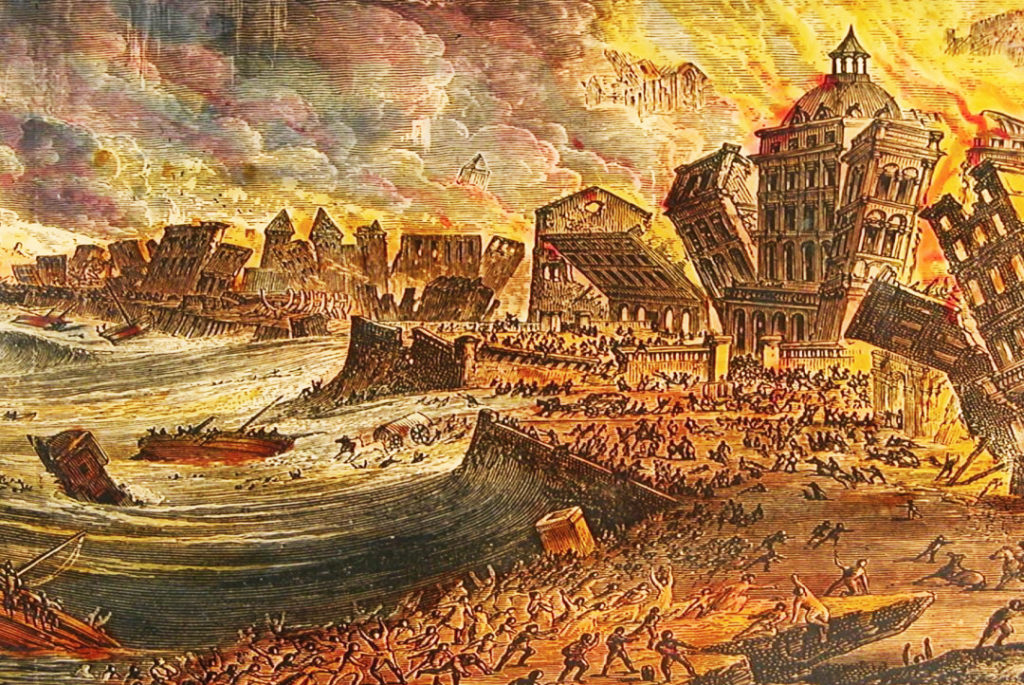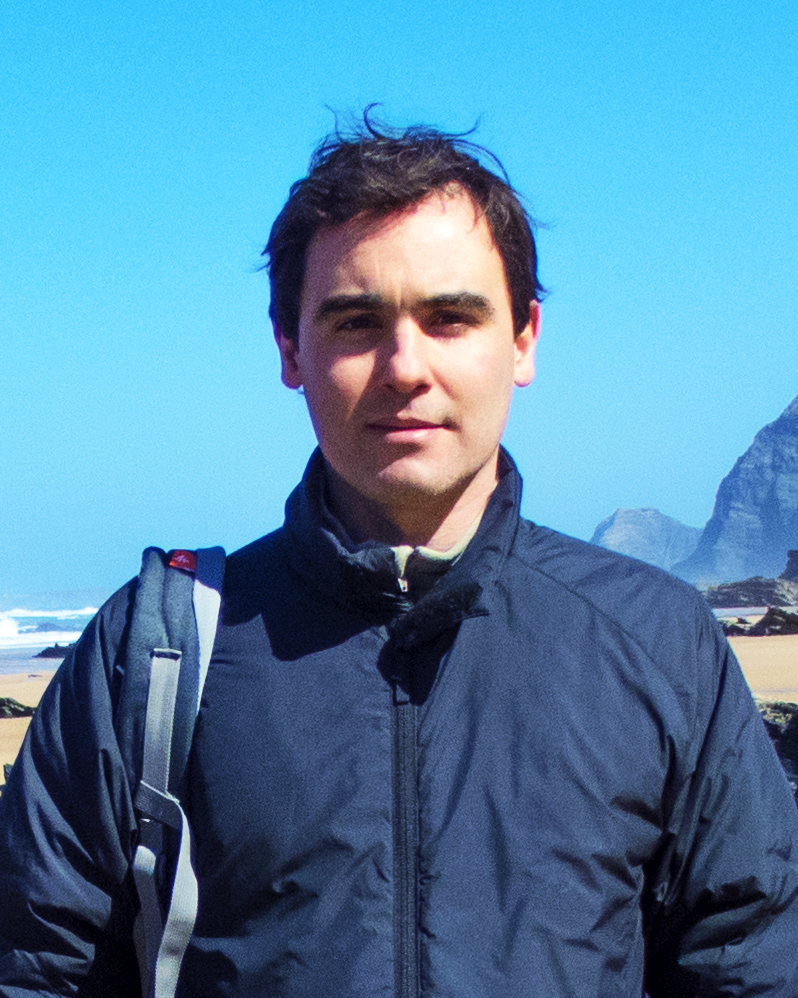 «1755 Earthquake and the Future of the Earth's Oceans» is the theme of the conference that researcher João Duarte (University of Lisbon | Instituto Dom Luiz) is giving this Friday, the 17th, at 20:30, at the Centro Ciência Viva de Lagos. Admission is free.
«1755 Earthquake and the Future of the Earth's Oceans» is the theme of the conference that researcher João Duarte (University of Lisbon | Instituto Dom Luiz) is giving this Friday, the 17th, at 20:30, at the Centro Ciência Viva de Lagos. Admission is free.
One of the questions that the scientist will try to answer, in light of the most recent knowledge and theories, is "When will the Atlantic Ocean disappear?"
“On November 1, 1755, an earthquake of great magnitude and subsequent tsunami hit Portugal, killing about 100 people, having been felt from Cape Verde to Germany. In 000, another earthquake of great magnitude occurred again in the Portuguese Continental Margin, contributing these two phenomena to the development of the Plate Tectonics Theory. According to this theory, there are passive margins (Atlantic Type), which are generated when supercontinents break up and new oceans are born, and active margins (Pacific Type), which lead to the closing of these oceans. One of the current enigmas of the Plate Tectonics Theory is how to process the transformation of a passive margin into an active margin, the Portuguese Continental Margin seems to be going through this transformation process, that is, the Atlantic Ocean seems to be close slowly. When will the Atlantic Ocean disappear?”, asks João Moedas Duarte, in “A brief history of the tectonic reactivation of the Portuguese Continental Bank” (GEONOVAS No. 1969: 29 to 87, 94),
João Duarte will receive, next April, in Vienna, the Arne Richter Award for Outstanding Early Career Scientists from the European Geosciences Union (European Union of Geosciences).
The European Union of Geosciences (EGU) annually awards an award that recognizes exceptional scientific activity worldwide, carried out by scientists in this area in the early stages of their careers.
This award was awarded for the first time to a researcher working in Portugal. João Duarte is a researcher at the Dom Luiz Institute (IDL) and at the Department of Geology of the Faculty of Sciences of the University of Lisbon and receives this award for his work in the field of marine and tectonic geology, as well as for his activity in the field of scientific dissemination.
The work of this researcher has been the target of national and international media attention on several occasions, such as reference magazines. New Scientist e National Geographic.
João Duarte coordinates the marine geology and geophysics group at IDL and develops research in the area of interpretation of seabed geophysical data and physical and numerical modelling.
The researcher explores issues as diverse as the location of the tectonic faults that generated the great Lisbon earthquake of 1755, the process of the beginning of subduction in the Atlantic and the future of the oceans and the formation of supercontinents. Its work is carried out in collaboration with international teams.
João Duarte has a degree in Geology and Natural Resources, in 2005, at the Faculty of Sciences of the University of Lisbon, and a Master's Degree in Geological Cartography, in 2007, at the University of Évora. PhD in Geology, in 2012, at the University of Lisbon. PostDoc at Monash University, Melbourne (Australia), between 2011 and 2014. In 2015, he was a Research Fellow at Monash University.
In early 2016, he returned to the University of Lisbon as a researcher at the Dom Luiz Institute and has been, since December, a researcher at the Faculty of Sciences of the University of Lisbon (Instituto Dom Luiz and Department of Geology).
Since 2015, he has coordinated the Dom Luiz Institute's Marine Geology and Geophysics Group, and is also a member of the direction of the Tectonics and Structural Geology Division of the European Geoscience Union, as a representative of early career researchers.
In 2011, he received the IPGP Foreign PhD Student Award 2011 (Institute of Physique du Globe in Pariss). In 2015, he received the Discovery Early Career Researcher Award (DECRA) of the Australian Research Council. In 2017, it will receive the Arne Richter Award for Outstanding Early Career Scientists of the EGU (European Geosciences Union).



















Comments